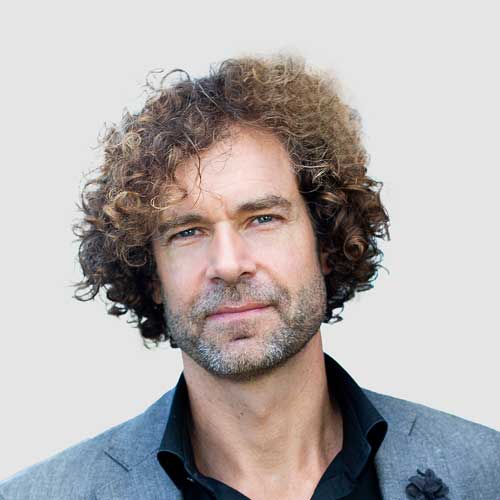The challenges, but also the opportunities, are many as the energy system is transformed. The energy system is in many ways the hub and enabler of the climate transition, which means that the system perspective is becoming increasingly important when political and business decisions are made in the energy sector. Nepp therefore takes a holistic approach to the energy and climate transition and helps to show potential pathways forward.
External factors influence the direction of NEPP
The entire EU has recently raised its climate targets, and in Sweden zero net greenhouse gas emissions are to be achieved by 2045. This means that Swedish emissions must be reduced several times faster during the period 2020-2045 compared to the reduction achieved over the last decade. The demands of the climate transition on the energy sector are evident in most of our themes, but additional influential trends and external factors will be considered within the project's activities to identify balanced and efficient development paths for Sweden's energy system. Examples of these external factors and trends are:
- a sharp increase in electricity use as society becomes electrified.
- an interconnected and digitalised energy system.
- sectoral coupling between the energy system and the transport, industrial and heating sectors.
- national and international challenges to the climate neutrality and sustainability of biofuels.
Nepp's five thematic areas
Initially, five thematic areas have been identified as the main focus of the project's research. However, these areas are not static; new thematic areas may be added and some of the initial areas may reduce in importance during the Nepp project period. You can read more about our themes in the menu above.




